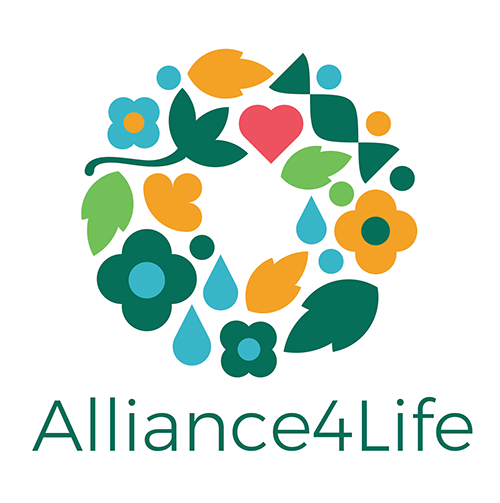
Science|Business article: On the track of Widening
An article about the main conclusions of Alliance4Life´s report on Widening measures has been released by Science|Business. It covers three reports dealing with the Widening topic including Alliance4Life´s Widening position paper, and is also based on the recent interview of Science|Business with the Alliance4Life´s Coordinator Zlatuše Novotná
Less talk, more science
Another report looking at three of the Widening programme’s main instruments – twinning, teaming and ERA chairs - was published this month by Alliance4Life, a partnership of life science institutions and universities from Widening countries.
The consensus among the members is that these three instruments are working well and that twinning of institutes in the east with counterparts in the west, whether successful or not, is more likely to lead participants to apply for future projects with the connections they make.
However, one of the main takeaways from the report is the need for more focus on research activities and less on “soft money” measures, such as networking events, travel, or project reporting.
Zlatuše Novotná, head of strategic partnerships at the Central European Institute of Technology (CEITEC), a member of Alliance4Life, said the idea is for Widening partners to take a more direct leadership role in scientific collaborations.
“There are very advanced centres [in central and eastern Europe] with governance practices up to European standards,” she said. “These entities could serve as leaders for a project. We don’t need to be followers or receivers of some excellence, we want to be excellent ourselves. This is the shift in philosophy.”
Widening instruments generally rely on a non-Widening partner working with a Widening partner to bring experience, expertise and excellence to a consortium. But Novotná wants to see this requirement removed and for Widening partners to stand alone.
“This is the main idea, that we Widening partners should work together,” she said. “There is a lot of trust among our partners because we understand the problems.”
The report highlights other weaknesses such as twinning projects not being given long enough to be effective, saying a three-year project to create a network, organise training and publish results is not enough to “create a sustainable result”. It also called for the EU to work on building stronger links between institutions, member states and EU institutions, with cooperation and communication between them seen as vital for creating a strong RDI ecosystem.

